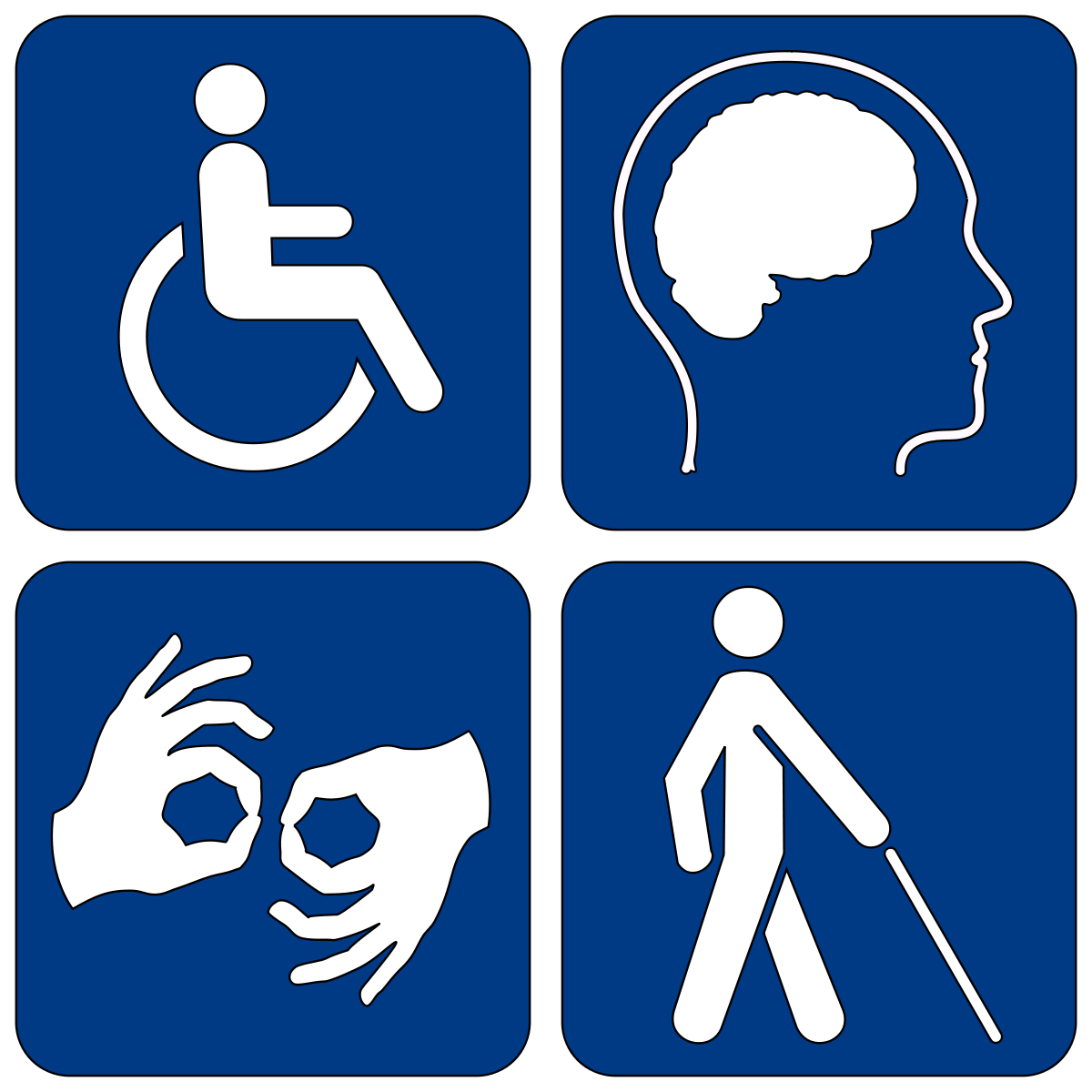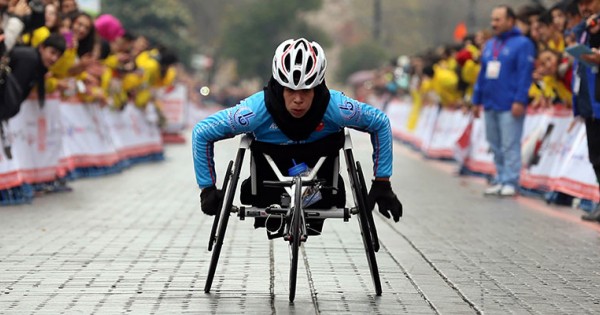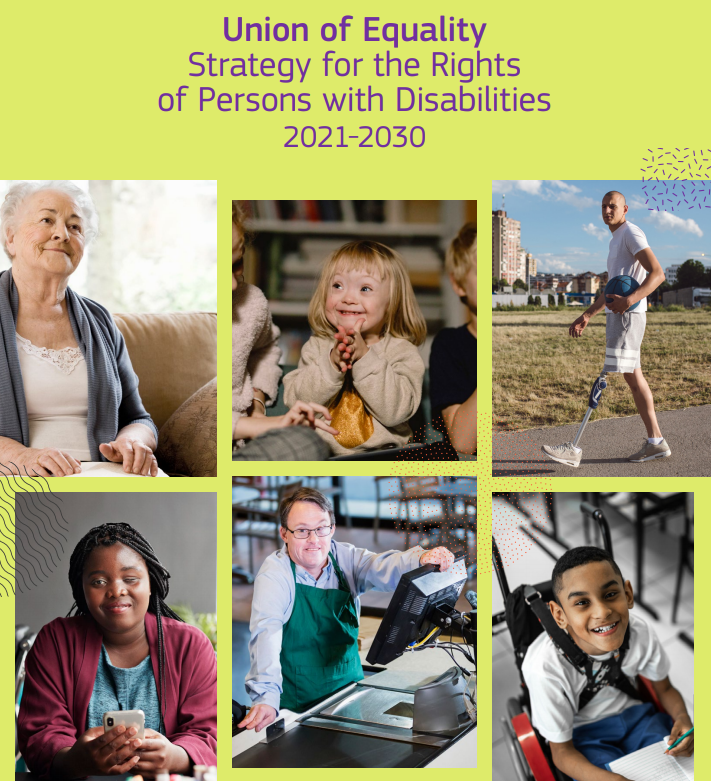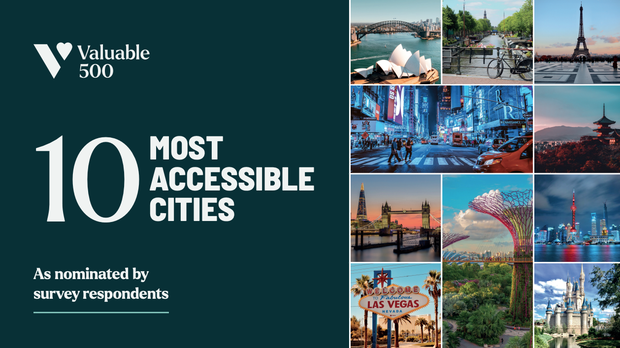BUS Project
Top 10 Accesible Cities in The World for Travellers
Valuable 500, released it's top 10 most accesible cities in the world. The ranking was determined according to the city's transport links, proximity of accommodation to attractions, shops, and restaurants, and the availability of information about accessibility. The survey conducted among 3500 individuals who from U.K., United States, Japan, China and Australia. The cities are listed as follows:
- Singapore, Singapore
- Las Vegas, U.S.A.
- Amsterdam, Netherlands
- New York, U.S.A.
- Orlando, U.S.A.
- Paris, France
- Shangai, China
- London, U.K.
- Sydney, Australia
- Tokyo, Japan
Why are these cities in the list?
Singapore: Singapore has an aging population, so an accesible city is very important for them. The city's accessibility code includes requirements such as ensuring the safety and accessibility of escalators and elevators, and providing accessible toilets at the entrance level of all buildings. More than 95% of pedestrian crossings, taxi stands and bus stops in Singapore are accessible to wheelchair users, the elderly and other disabled people.
Las Vegas: The large number of accessible hotel rooms in Las Vegas make the city a prime choice for travel. These rooms have ceiling hoists, visual and vibrating alarms. Also, the report says that casinos in Las Vegas have staff trained to assist people with disabilities at gaming tables and even to place bets for those who need assistance.
Amsterdam: City has a network which is consists of 400 kilometers of bike lanes. Bike lanes can provide a smooth ride for the wheelchair users. Also, Almost all of the city's tourist attractions are accessible.
New York: City has the highest score in providing adequate information to enable people with disabilities to plan their travels and avoid disappointments. The Official New York City Travel Guide has an accessibility page with in-depth articles on all aspects of accessibility in the city, as well as accessibility guides for some of the more well-known tourist attractions. There's also a searchable, filterable database of 1,500 points of interest, including tourist attractions, museums, galleries, hotels, and restaurants, that includes basic accessibility information.
Orlando: Orlando is known for having famous theme parks such as Walt Disney World, SeaWorld and Universal Studios Florida. According to the Valuable 500 report, all theme parks in Orlando offer not only physical accommodations, but also measures to avoid lines. 48% of those who choose Orlando choose a wide range of accessible accommodations.
Paris: Paris, the host of the 2024 Olympic and Paralympic Games, has given further impetus to making it more accessible. In the run-up to the 2024 Olympics, the city is creating 15 pilot accessibility zones around Olympic and Paralympic venues to improve accessibility to public spaces, hotels, services, shops and more. Many of the city's museums are not only free for people with disabilities, but also skip the lines.
Shangai: Most of the development in Shanghai has been going on in recent years and the sidewalks in modern Shanghai are in good condition with many curbs. Curbs are ramps that connect sidewalks to streets. The city also has the world's largest subway network, which is wheelchair accessible. The survey found that among the respondents who chose Shanghai, 39% chose Shanghai because of its convenient public transportation.
London: According to Valuable 500, London has shown a strong commitment to accessible tourism since a 2018 study revealed that the city contributes more than $17 billion to tourism. One of the most important results has been the release of a wealth of important information that people with disabilities need to plan their holidays and travel. More than half (57%) of those surveyed also chose London for its good transport links.
Sydney: Sydney scores highly for providing accessibility-related information. Valuable 500 said the vast majority of Sydney's attractions, home to the iconic Opera House and Harbor Bridge, are also wheelchair accessible. All new and renovated buildings in the city are also wheelchair accessible by law.
Tokyo: While 74% of survey respondents choose Tokyo for its accessible transportation, tactile floor surface indicators invented in Japan are also ubiquitous in the city. Such indicators help visually impaired pedestrians to navigate and warn of dangers. Main streets are well bordered and drivers are much more considerate than in other countries, although smaller streets often lack sidewalks and therefore wheelchair users share the roads with cars, bicycles and other pedestrians.







